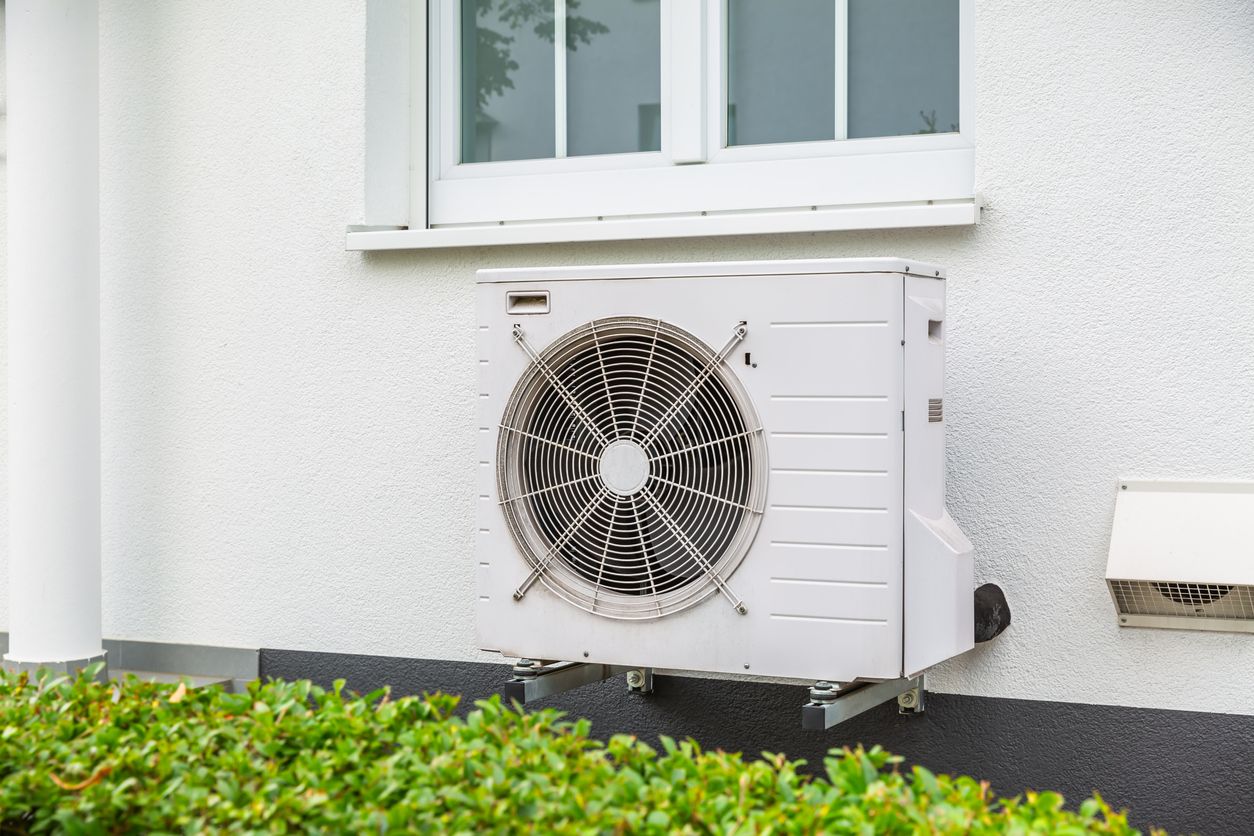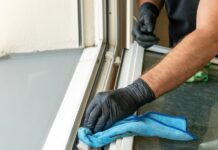Because of their superior heating and cooling capabilities, heat pumps are already a common fixture in contemporary houses.
A homeowner or prospective buyer needs to know how long these systems last and how to maintain them. In addition to providing helpful maintenance advice to guarantee heat pumps operate at their best, this blog post clarifies the lifespan of heat pumps.
Lifespan of Heat Pumps
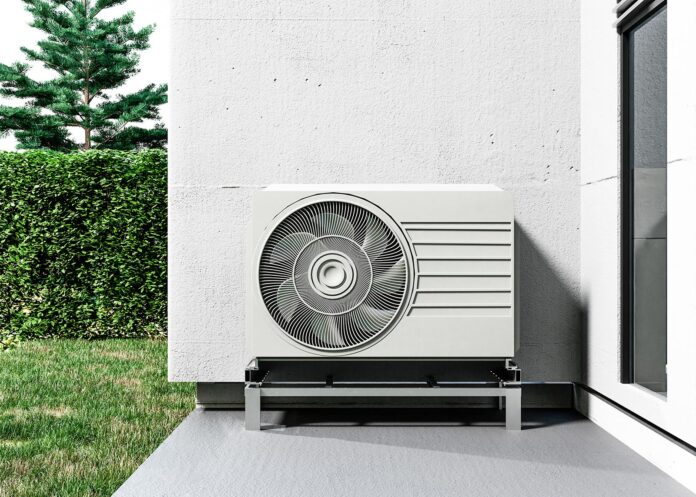
The durability is a key consideration for homeowners. Various factors, including type, brand, and usage, play a role in determining how long these systems will serve your home efficiently.
Heat pumps typically offer a service life of 10 to 15 years, but this can extend up to 20 years with proper care. The longevity is influenced by the model, installation quality, and the climate in which it operates. High-quality models and professional installation can push the upper limits of this range.
Regular maintenance is the linchpin in extending a lifespan. Ensuring the system is free from debris, and scheduling annual professional check-ups can prevent common issues that shorten its service life. Attention to these details can make a significant difference in performance and longevity.
Maintenance Tips
Maintaining efficiency and performance is equally as important as prolonging the life of heating and cooling systems via proper maintenance. A well-maintained pumps uses less energy and has a smaller negative impact on the environment.
Keeping the exterior unit clear of leaves, dirt, and snow is fundamental. Inside, ensure filters are cleaned or replaced regularly to maintain airflow and efficiency. These simple steps can prevent a myriad of problems and keep the system running smoothly.
Annual check-ups by a qualified technician are crucial. When issues arise, timely heating repair can help prevent minor problems from turning into major system failures. These professionals can spot issues early, perform necessary adjustments, and ensure the system operates at peak efficiency. Investing in these check-ups can prevent costly repairs and extend the useful life.
The Impact of Climate on Longevity
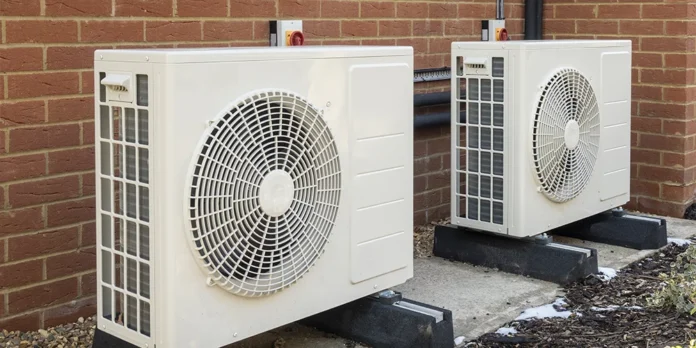
The climate in which it operates significantly affects its lifespan. This aspect is often overlooked but is critical in understanding how long your system can last.
In regions with extreme temperatures, they work harder to maintain indoor comfort, which can lead to more wear and tear.
Conversely, in milder climates, the stress on the system is less, potentially leading to a longer lifespan. Knowing the demands placed on your systems by your local climate can guide your maintenance schedule and expectations for its longevity.
Technological Advances
Technological advancements have a profound impact on efficiency and durability. Newer models come equipped with features that not only enhance performance but also contribute to an extended lifespan.
Modern heating and cooling systems boast improved components and smart technology that enhance efficiency and reduce strain on the system. Features like variable-speed compressors and smart thermostats adapt to your needs more effectively, potentially extending the life of the unit while providing substantial energy savings.
The Role of Proper Installation in Durability
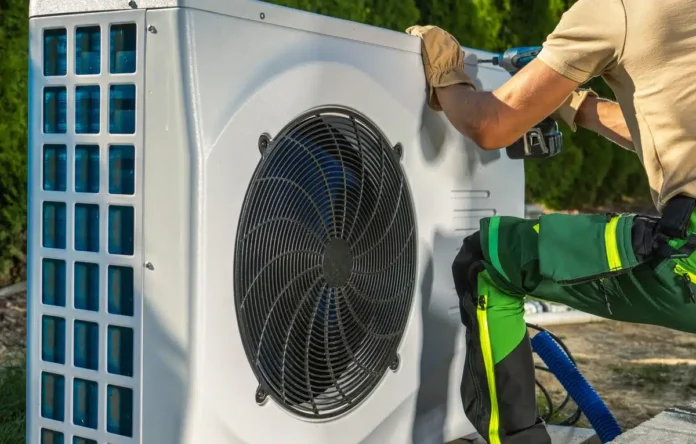
The importance of proper installation in determining the lifespan cannot be overstated. A poorly installed system can lead to numerous problems, significantly reducing its longevity.
A professional, high-quality installation ensures that it operates as designed. This includes proper sizing for your home, correct ductwork installation, and ensuring all components are functioning optimally. A well-installed system experiences less stress and fewer breakdowns, contributing to a longer lifespan.
Understanding Warranty and Its Implications
The warranty is an essential factor in understanding its expected lifespan and the support you can expect from the manufacturer.
Most of them come with a warranty that can range from 5 to 15 years, indicating the manufacturer’s confidence in the product’s durability. Understanding the terms and ensuring adherence to maintenance requirements can provide peace of mind and aid in decision-making when purchasing a new system.
Energy Efficiency and Its Relation to Heat Pump Lifespan
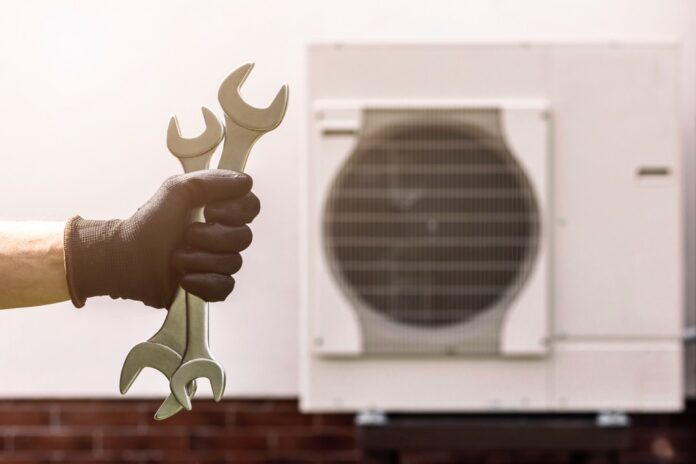
Energy efficiency is a critical factor in determining the lifespan. A highly efficient system operates with less strain, as it requires less energy to maintain desired indoor temperatures. This reduced workload translates to less wear and tear on the components over time, potentially extending the lifespan of the unit.
Moreover, energy-efficient heat pumps often feature advanced technologies, such as variable speed compressors and smart thermostats, which further contribute to their longevity by optimizing performance and reducing unnecessary cycling.
By investing in an energy-efficient pumps, homeowners not only benefit from lower utility bills but also enjoy the peace of mind that comes with knowing their system is designed to last longer, provided it receives proper maintenance and care.
Thus, energy efficiency and lifespan are closely intertwined, with efficient operation playing a significant role in prolonging the life of these essential home comfort systems.
Common Signs of Wear and Tear
Recognizing the signs of wear and tear early on can prevent minor issues from escalating into major problems, potentially extending the lifespan.
Common indicators of wear and tear include unusual noises during operation, inconsistent heating or cooling, and an increase in energy bills. Additionally, visible leaks or ice buildup on the exterior unit are signs that warrant immediate attention from a professional technician.
Importance of Regular Filter Replacement
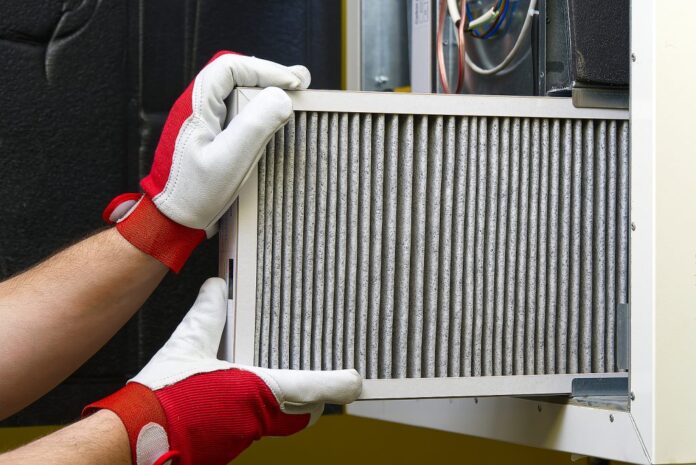
Regularly replacing air filters is one of the simplest yet most impactful maintenance tasks for ensuring longevity.
Clean filters promote proper airflow, preventing strain on the system’s components. Restricted airflow can lead to overheating and premature wear. By adhering to a regular filter replacement schedule, you can maintain optimal performance and extend the lifespan.
The Role of Proper Insulation in Efficiency
Proper insulation is often overlooked but plays a crucial role in maximizing the efficiency and lifespan of your system.
Well-insulated homes retain heat more effectively during the winter and stay cooler in the summer, reducing the workload on the systems. This results in fewer heating and cooling cycles, ultimately reducing wear and tear on the system and extending its lifespan.
Conclusion
In conclusion, the lifespan is a blend of quality, maintenance, and usage. Understanding these factors and committing to regular upkeep can ensure it provides comfortable, efficient heating and cooling for years to come.
Whether you’re a current owner or considering an installation, these insights and tips will serve you well in maximizing your investment in a heat pump system.

